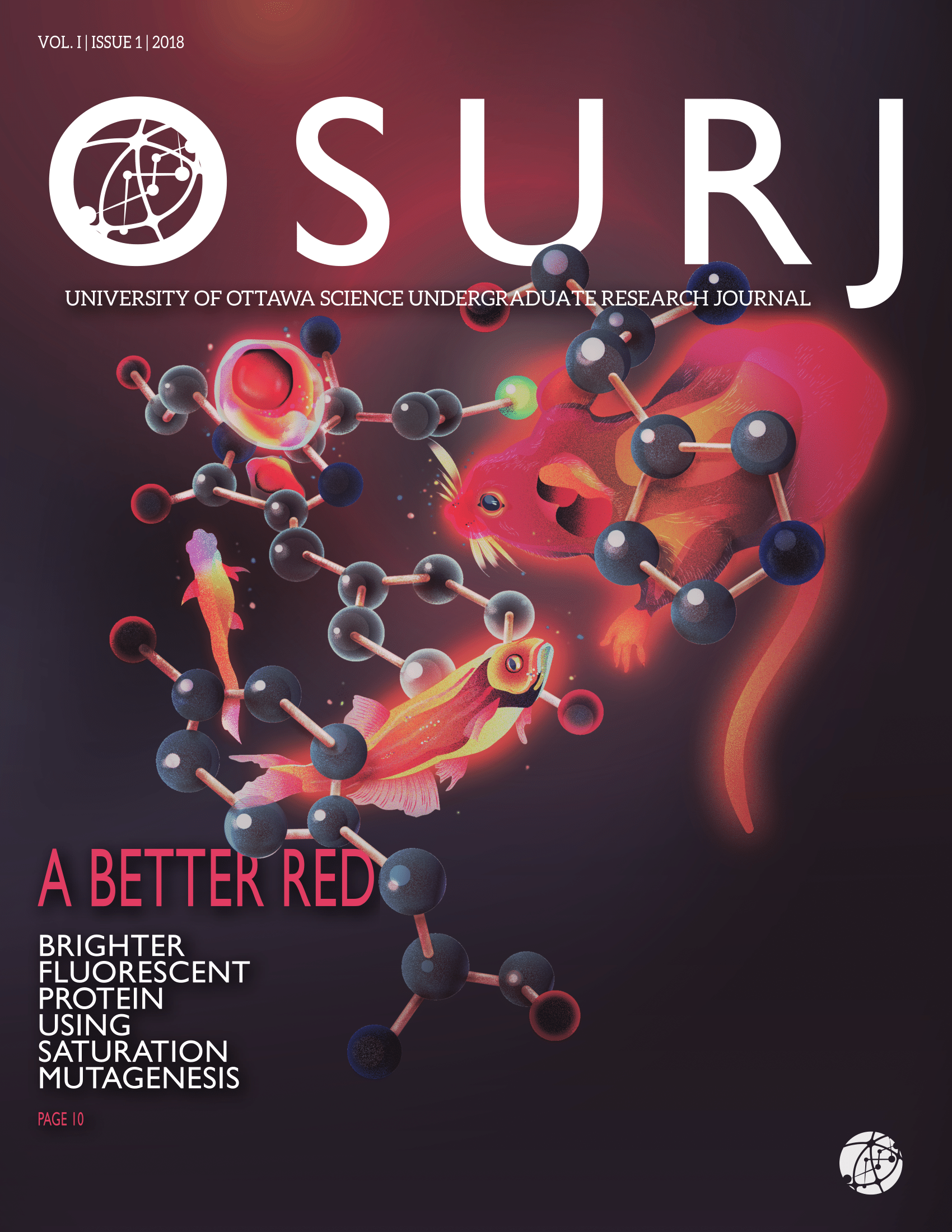Optimization of reverse osmosis flowback water treatment using halotolerant microbes naturally enriched in fractured shales
DOI:
https://doi.org/10.18192/osurj.v1i1.3720Abstract
Flowback water recovered after hydraulic fracturing operations poses a serious environmental concern due to the sheer quantity produced and its toxic chemical composition. Traditional methods of wastewater treatment cannot be used for flowback water treatment due to its high concentration of non-biodegradable dissolved solids. Consequently, alternative technology has been developed to address this problem. Reverse osmosis (RO) treatment is one such example. However, guar gum gelling agents found in flowback water impede membrane permeability and water flux rate of RO, consequently decreasing the efficiency and practicality of this desirable, environment-friendly technology. Previously, a biological solution using activated sludge to degrade guar gum prior to RO treatment was attempted with limited success due to the inhibitory effects of hypersalinity (characterized by high total dissolved solids content) on microbial activity. To solve this problem, several recently discovered strains of bacteria and archaea found to be naturally enriched in fractured shales may be utilized through genetic modification to degrade guar gum under hypersaline conditions. These microbes are naturally halotolerant and thrive under hypersaline conditions, making them prime targets for genetic modification targeting various chemical additives in flowback water. Here, we provide a proof of concept model using these microbes to selectively target guar gum degradation to improve the efficiency of RO treatment.
Downloads
Published
Issue
Section
License
OSURJ Publication Rights Policy Agreement Please fill in the following blanks.
I, ____________________ (submitting author) am submitting an article to the University of Ottawa Science Undergraduate Research Journal (OSURJ) entitled _________________________________________________________________________
I. OSURJ Mandate:
The University of Ottawa Science Undergraduate Research Journal is a bilingual multidisciplinary open-access and non-proprietary journal. A journal of this nature embraces all disciplines of science and is the result of a collaborate effort between undergraduate, graduate and faculty members. Our goal is to provide invaluable publishing and submission process experience to undergraduate students and ultimately promote undergraduate research within the UOttawa community.
II. Review Process of OSURJ
OSURJ uses a single-blind review process. The submitted article is first sent to the managing editor who assigns the article to the relevant section editor responsible for the specific science discipline. The section editor provides a preliminary review to confirm that the submission is within OSURJ’s scope after which it is assigned to one undergraduate reviewer and one faculty review for independent review. The reviewers recommend to either reject, accept or conditionally accept the article with revisions required. Based on the recommendations from both reviewers, the section editor makes the final decision of publication.
III. Proprietorship and Author Rights:
Authors retain all copyrights to their research and original data and may publish in other journals at the journal’s discretion. OSURJ acknowledges that all information submitted by the author(s) is their intellectual property and therefore any republication of such property is not allowed without written consent from the submitting author(s). Articles published in OSURJ may be published in other journals.
However authors should be made aware that other publishers may not permit the republication of original research published in an undergraduate journal such as OSURJ. Consequently, the author should consult the publication policies of other journals, and all relevant parties should be made aware of this possibility before proceeding with article submission.
IV. Falsification of Data
Methods for the acquisition and analysis of data should be accurately and fully displayed to allow for replication by other researchers. Data fabrication and alteration is unethical and may lead to unfounded conclusions. As such, it is not permitted by OSURJ.
V. Permission from All Contributors:
Given that research is collaboratively conducted with professors and other students, OSURJ requires that all contributors (co-authors, primary investigators, lab managers, supervisors) consent to the submission of the article to OSURJ.
Any person listed as an author of an article must have contributed greatly to the data, analysis or interpretation of said data and should provide approval of the submitted version. It is unethical to not list those who contributed to the standards of an author and to include those who do not meet the criteria for authorship.
For articles with multiple authors, primary, secondary (etc.) author status must also be agreed upon.


